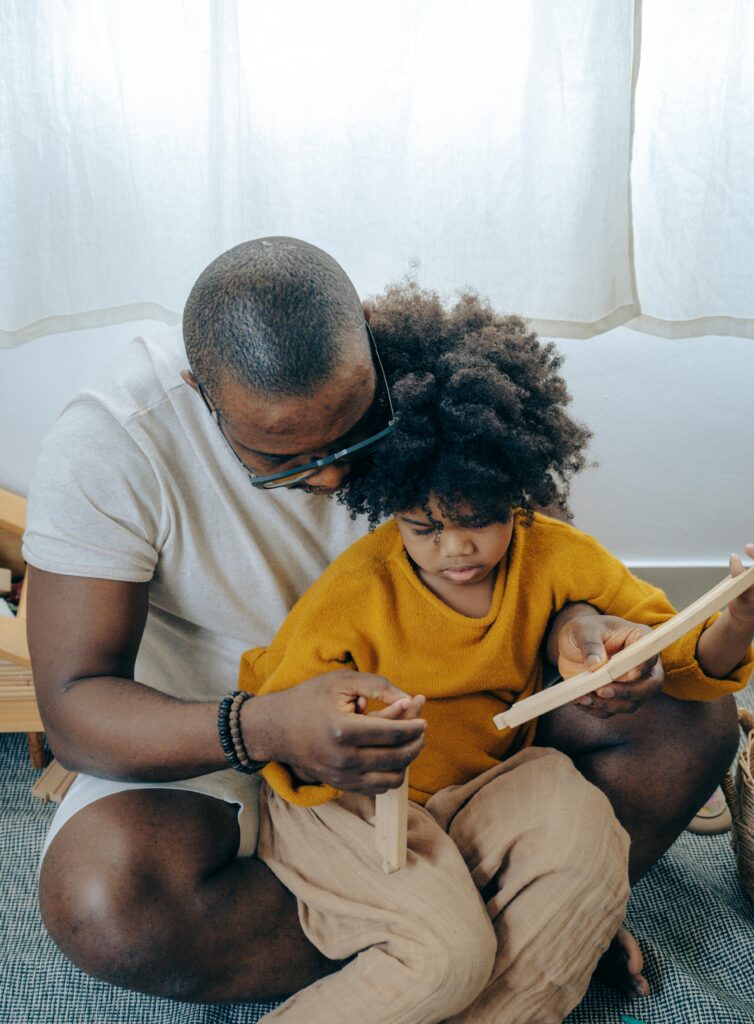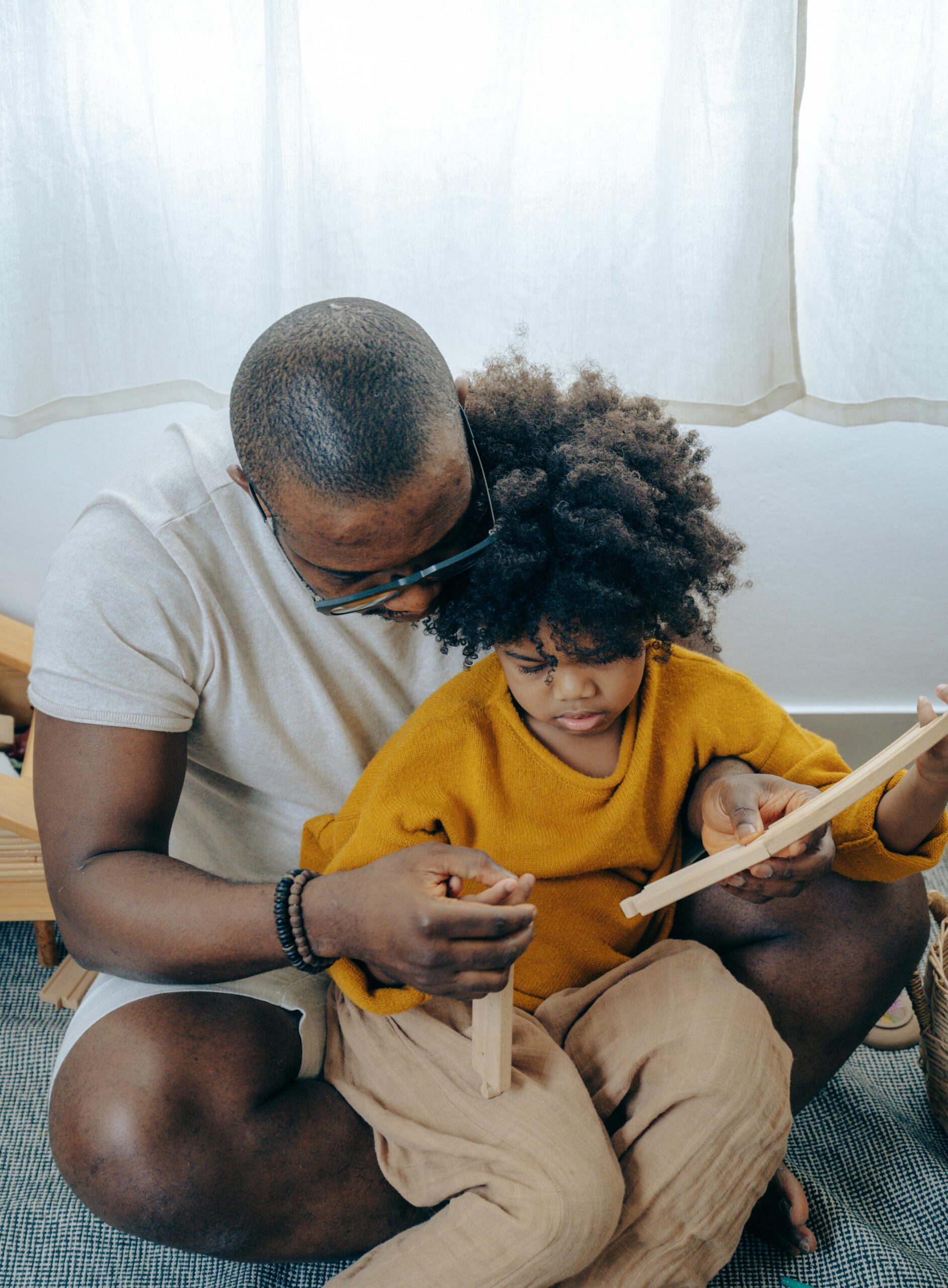At Lidcombe ChildCare, we know that a child’s ability to hear clearly has a powerful impact on their learning, social development, and language skills. Good hearing allows children to build relationships, follow instructions, enjoy stories and songs, and fully participate in the world around them.
The Role of Hearing in Early Childhood
Hearing is one of the first senses to develop in babies — even before they’re born. In the early years, it plays a key role in:
- Language development
- Emotional bonding and social interaction
- Safety awareness (e.g. hearing traffic, alarms, voices)
- Cognitive growth and school readiness
Signs Your Child May Have Hearing Difficulties
Hearing loss in young children is more common than many parents realize. It can be temporary (due to ear infections or fluid buildup) or permanent. Common signs include:
- Not responding to their name
- Speaking loudly or unclearly
- Frequently asking “What?” or not following directions
- Delayed speech or limited vocabulary
- Easily distracted or showing behavioural frustration in noisy settings
How Lidcombe ChildCare Monitors and Supports Hearing Health
At Lidcombe ChildCare, we closely observe each child’s communication patterns and behaviour. Our educators are trained to notice early signs of possible hearing issues, such as:
- Lack of response to sounds or voices
- Speech that doesn’t match age-appropriate milestones
- Difficulty in group settings or following routines
If we observe any concerns, we work respectfully with families to suggest follow-up with a GP or audiologist.
What Parents Can Do at Home
- Talk and read to your child daily, even if they don’t respond verbally
- Avoid loud environments for long periods
- Watch for signs of ear pain, fever, or tugging at the ears
- Attend regular hearing checks, especially if there’s a family history of hearing loss
- Create a quiet space for focused listening and conversation



Leave a Reply